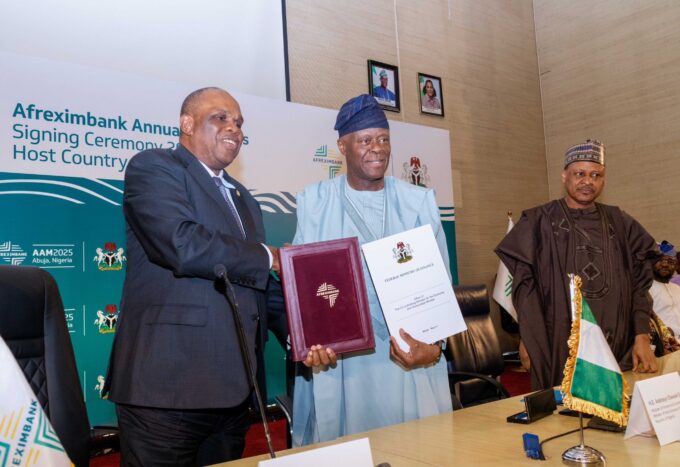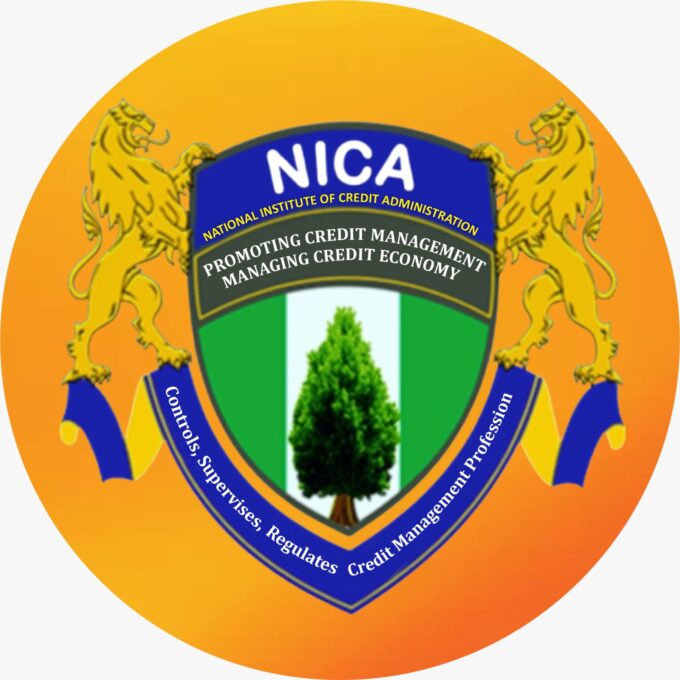The International Monetary Fund says the prospective expansion of eNaira use to cross-border fund transfers and agency bank networks may lead to new money-laundering and financing of terrorism risks.
The IMF disclosed this in its ‘Nigeria Staff Report for the 2021 Article IV Consultation’ report.
According to the report, although there are some benefits, such as promoting financial inclusion, there are also some risks around the eNaira, which the Central Bank of Nigeria needs to address.
The Washington-based lender said “Prospective expansion of eNaira use to cross-border fund transfers and agency bank networks may cause new money-laundering/financing of terrorism risks.”
The eNaira was launched on October 25, 2021, making Nigeria among the first countries in the world to introduce a Central Bank Digital Currency open to the public.
However, the IMF has said that the CBDC is exposed to cyber security risk, unforeseen legal issues and financial integrity risks.
The latest report read in part, “There are cyber security risks associated with the eNaira. Unforeseen legal issues, including for private law aspects of its operations (e.g., the exact nature of legal relationship between the wallet providers and CBDC holders), may subject eNaira to litigation and operational risks.
“There are financial integrity risks which are mitigated by using a tiered identity verification system and applying more stringent controls to relatively less verified users.”
The Washington-based lender stressed the need for attentiveness to the different risks, urging the CBN to fix existing deficiencies in the anti-money laundering and combating the financing of terrorism framework.
“Staff welcomed the gradual rollout of the CBDC and highlighted the need for vigilance to various risks, including for monetary policy implementation, bank funding, cyber security, operational resilience, and financial integrity and stability, through regular risk assessment and contingency planning.
“Staff noted significant financial integrity risks that could arise from wide accessibility of eNaira and stressed the need to fix existing deficiencies in the AML/CFT framework which could exacerbate these risks.
“While preventive measures and the planned AML/CFT regulations for eNaira intermediaries are welcome, a money laundering/terrorist financing risk assessment of domestic and cross-border uses of eNaira and the adoption and implementation of the regulation along with putting in place risk-sensitive mitigation measures should be a priority,” the IMF said.
In addition, on the likelihood of slow progress in addressing corruption, tax evasion, and related money laundering, the Washington-based lender rated Nigeria high, and encouraged the country to step up its anti-corruption/ governance efforts and strengthen the AML/CFT framework.
Source Punch














